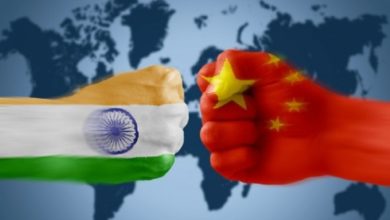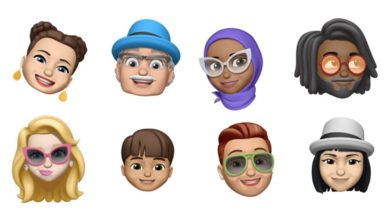Intellectual Asset ManagementPatent Harvesting
Patent on Seeds

India is an agriculture-based country where more than 50% of the population of the country depends on agriculture. Therefore, agriculture does act as the main source of income and the source of agriculture are the seeds. Seeds are the vital part of crop production, used for planting or regeneration purpose.
India is one of the most biodiverse regions – in context of seeds. There are variety of seeds developed by farmers in the nation which are exclusively grown for a specific purpose. These varieties are resistant to the climatic conditions of the state – Bengal, Bihar have flood resistant varieties, coastal farmers salt resistant variety of seeds. With the new inventions or innovations, should the farmers be considered the possessors or owners of the seeds? Do they hold exclusive rights over them?
A patent is an exclusive right granted for an invention, which is a product or a process that provides, in general, a new way of doing something or offers a new technical solution to a problem. Under Section 3(j) of The Patents Act, 1970, seeds are not to be considered as an invention for patent. Patent on seeds prevent the farmers to save, sell or exchange seeds depriving the cultivator from his livelihood which would be unethical. The landmark case of Monsanto had elaborated on the said section.
The dispute between Monsanto Group of Companies and Nuziveedu Group of Companies whereby the former company had filed a suit against the latter company. Monsanto’s Bollgard-II Bt Cotton technology was to resist bollworm pest, was brought in India. The suit was to prevent Nuziveedu from selling Bt cotton seeds produced through the technology over which Monsanto claimed the patent rights. Could this genetic technology be considered as a patent? The Delhi High Court had given the decision (which went for appeal in the Supreme Court) that patent over a genetically modified trait (gene sequence) meant direct control over seeds. Shri Venugopal’s contention in the Supreme Court was considered as valid argument. According to him, the conjoint reading of Section 2(j) and 3(c) of The Patents Act clearly excludes the patentability of transgenic plants produced through genetic technology (in this case) leading to the propagation of the plant via “biological processes”. Even if the patent was valid under section 3(j) it was invalid on the grounds of the rights of the researchers and the farmers under section 30 and 39 of PPVFR Act entitling the farmers to sow, sell and re-sow the registered variety of seeds.
Protection of Plant Varieties and Farmers’ Rights Act, 2001 was enacted by the Parliament of India to give effect to Article 27(3)(b) of the TRIPS Agreement. The seeds were brought under the banner of protection of the plant varieties which could not be patented, rather be given “sui generis effect”. Farmers own their first right over the seeds and as breeders they should be the first to avail the benefits of their produce. One of the main objectives of the Act is to conserve the traditional local plant varieties so that the new varieties of the plants could be produced. Monsanto had created a deception – a genetic one over which it claimed its rights of patent. This simply meant that the original breeders were required to pay rents to Monsanto for the seeds that acted as a source of life. Having “intellectual property” over the seeds had led to the increase in the cost of the seeds. In furtherance to this, the cotton seeds were being replaced by the genetically produced seeds. A monoculture was set up as apart from Bt cotton seeds no other seeds could be produced. The technology which was meant for controlling the pests and weeds had made the land further vulnerable to pests, droughts and crop failure. Maharashtra was the one of the largest producers of Bt cotton and after the introduction of these seeds had led to the farmers falling into debt – pay royalties, high cost of seeds and the use of chemicals. The suicide rate of farmers in Maharashtra had increased because of their inability to pay back the debt.
Various NGOs have raised the concern and created an awareness about the harm caused due to hybrid seeds on the Indian fertile land and importance of conservation of these seeds. Farmers are the sole owners and protectors of the seeds and therefore patent on seeds would deprive them of their rights.
This article has been written by Ananya Sanjiv Saraogi





